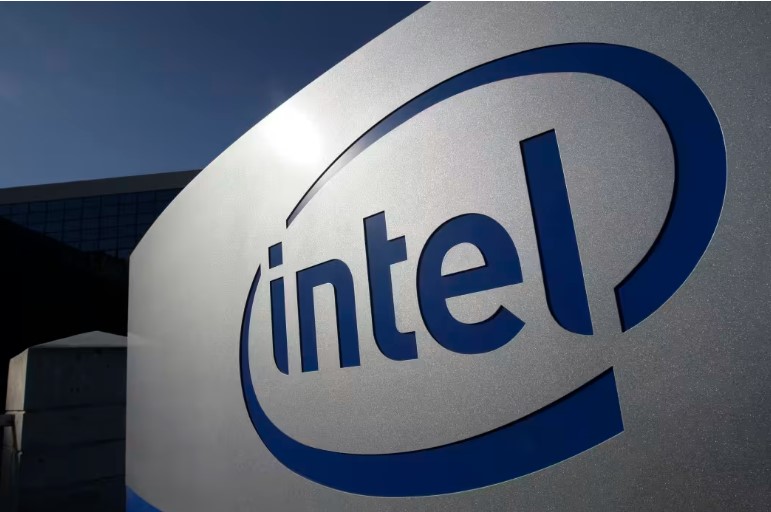In the context of drastic changes in the global semiconductor industry, Intel, a former giant in the chip industry, is facing challenges. In response to financial distress and market pressures, Intel is considering a number of possible financial boost options, among which the sale of the foundry business has become a high-profile option.
In recent years, Intel's finances have been under tremendous pressure. Quarterly earnings showed that the company's sales and earnings per share fell short of market expectations, leading to frequent stock price volatility and a damper on investor confidence. To turn things around, Intel has taken a number of steps, including layoffs, cutting capital expenditures, and reevaluating its business portfolio. Among these initiatives, the future of the foundry business has become the focus of discussion.
Since its launch, Intel's foundry business has been expected to diversify the company. However, the reality is far less than expected. Since 2022, the foundry business has continued to lose money, and it is difficult to turn losses into profits in the short term. This not only exacerbates Intel's financial burden, but also raises questions about its long-term strategy.
Against the backdrop of continued losses in the foundry business, Intel's management began to re-examine the company's strategic positioning. Selling the foundry business has become a much-discussed option. The potential benefits of divesting this loss-making business are clear: on the one hand, Intel can reduce operating costs and reduce financial pressure through the divestiture; On the other hand, the proceeds from the sale can be reinvested in core business and R&D projects, thereby enhancing the company's competitive advantage in the field of chip design.

Figure: Intel sells foundry business (Source: WSJ)
However, selling an OEM business comes with potential risks and challenges. First, the foundry business is an important part of Intel's diversification strategy, and choosing to divest could weaken the company's market position and technological advantage in the foundry space. Second, it takes time and effort to find the right buyer and successfully close the deal, and there is uncertainty about the final closing price and conditions.
At present, discussions on whether to sell the foundry business are still in the early stages. Intel's top management is working closely with the investment bank to evaluate possible options and plans for in-depth discussions at the board meeting. More details on this topic are likely to emerge in the coming weeks.
For Intel, whether or not it ultimately chooses to sell its foundry business will require a deep rethinking of its overall strategy and a major adjustment. In an era of rapid change in the semiconductor industry, Intel must be more agile to respond to market challenges, strengthen technology research and development, and product innovation to restore market confidence and enhance competitiveness.
Regardless of Intel's final decision, this choice will have a profound impact on the company's own financial health and future growth, as well as on the semiconductor industry as a whole. Hopefully, Intel will make a wise choice to inject new impetus into the future of the company and the industry as a whole.






